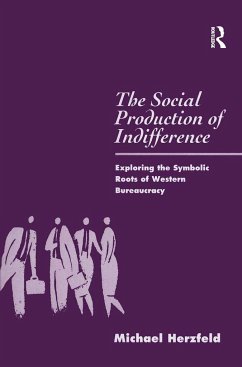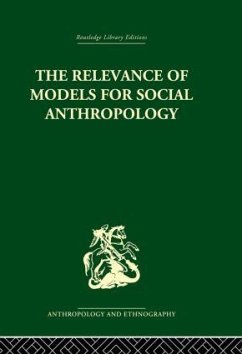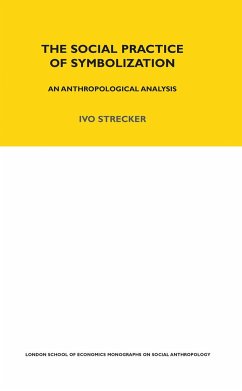
Teaching Research Methods in the Social Sciences

PAYBACK Punkte
84 °P sammeln!
This book is intended as a preliminary step towards the development of a pedagogical culture in research methodology. It contains chapters from a range of authors who are involved in the teaching of research methods in different countries and within a variety of disciplines. Their aim is to establish the extent to which there are common concerns and challenges and to demonstrate ways in which these are being met. The book provides both a stimulus and source materials for the development of a more substantial and systematic literature in the field.














